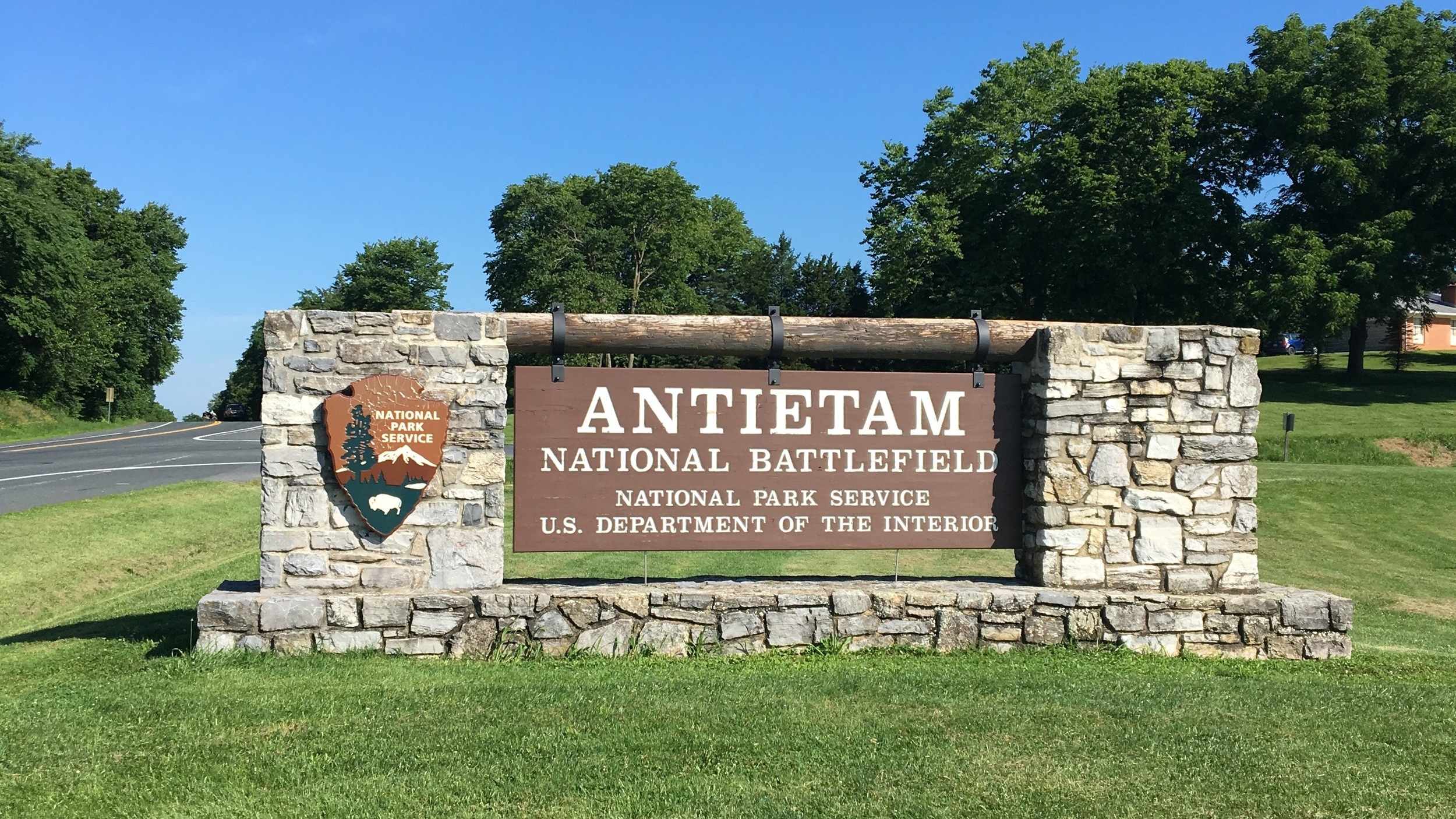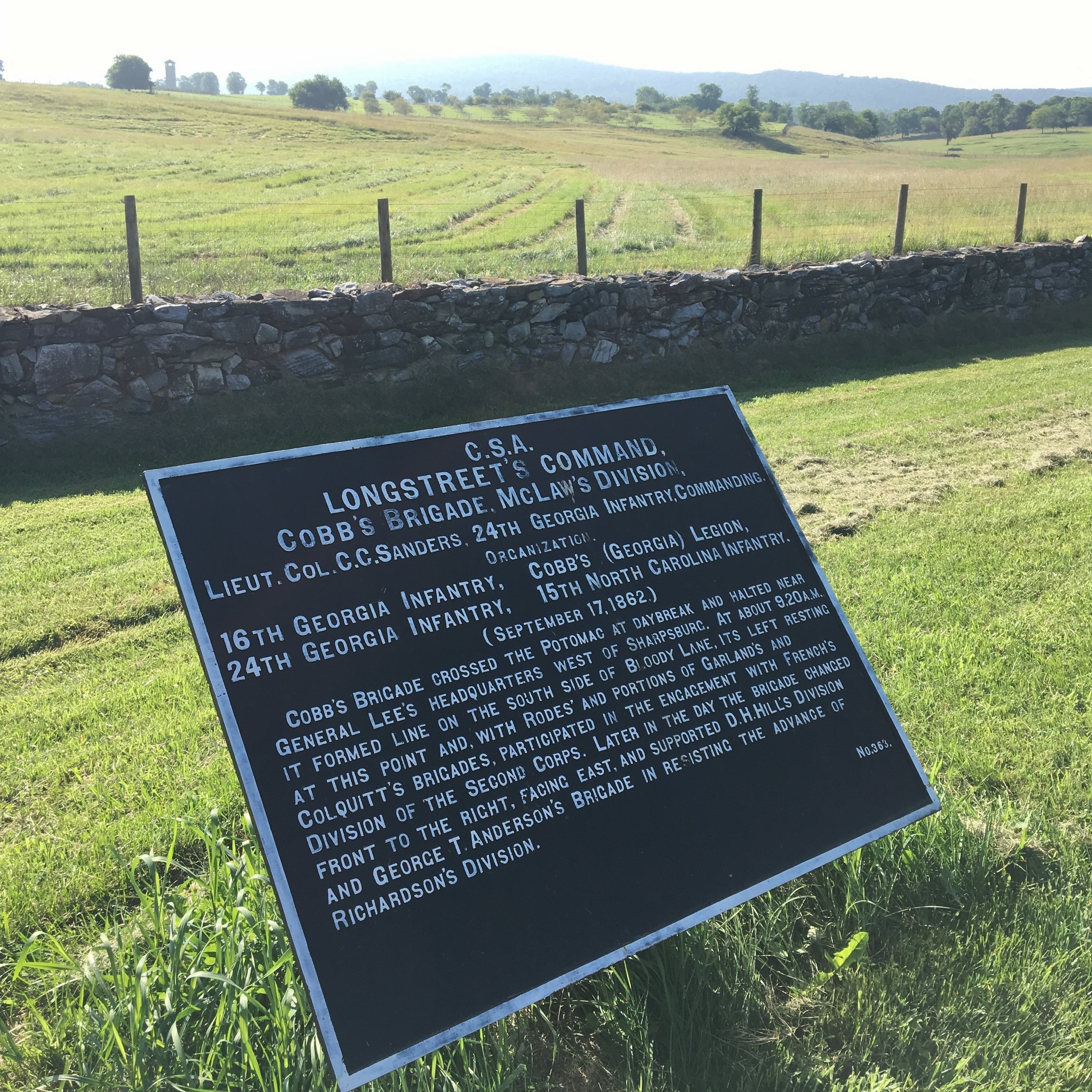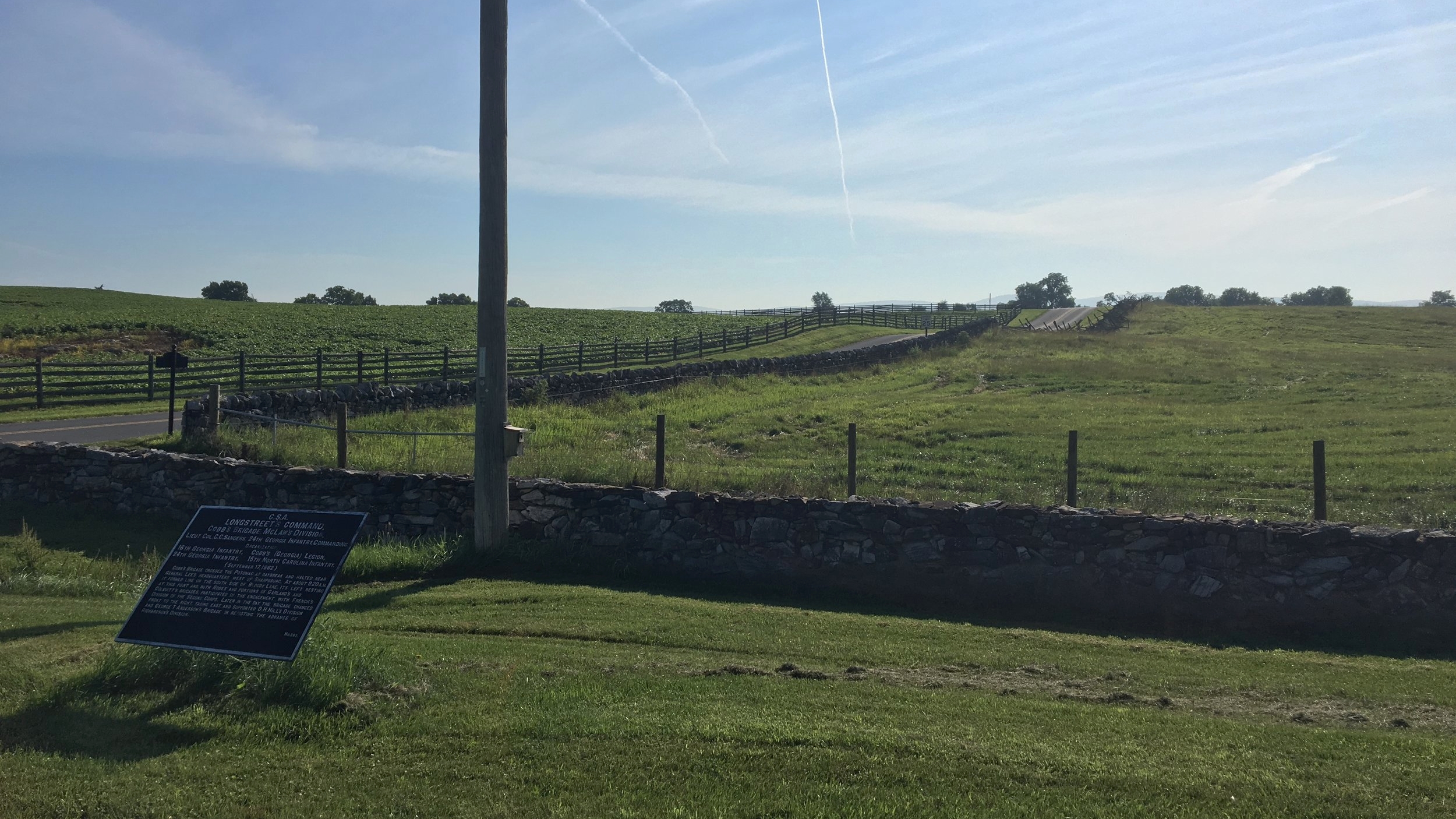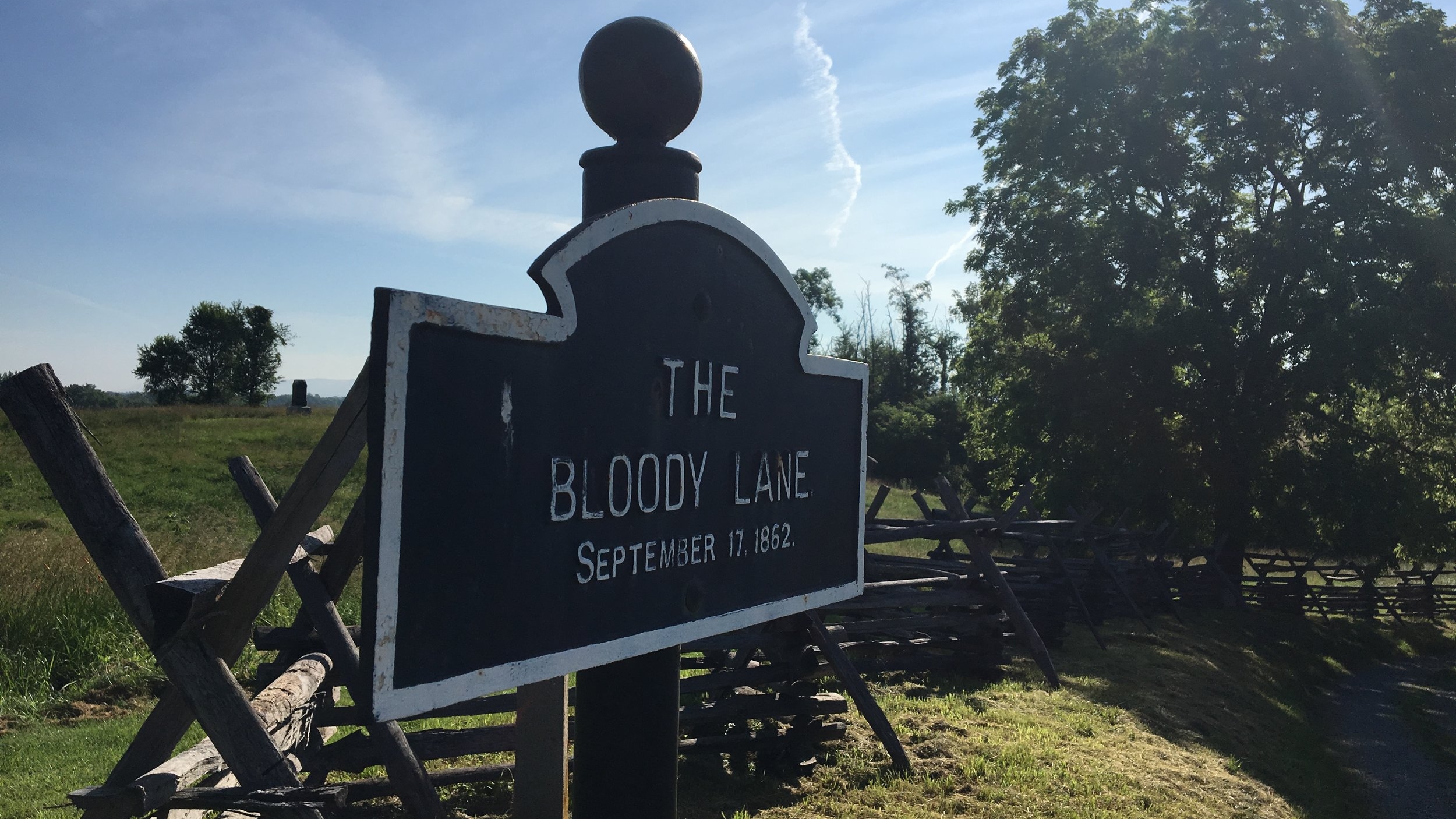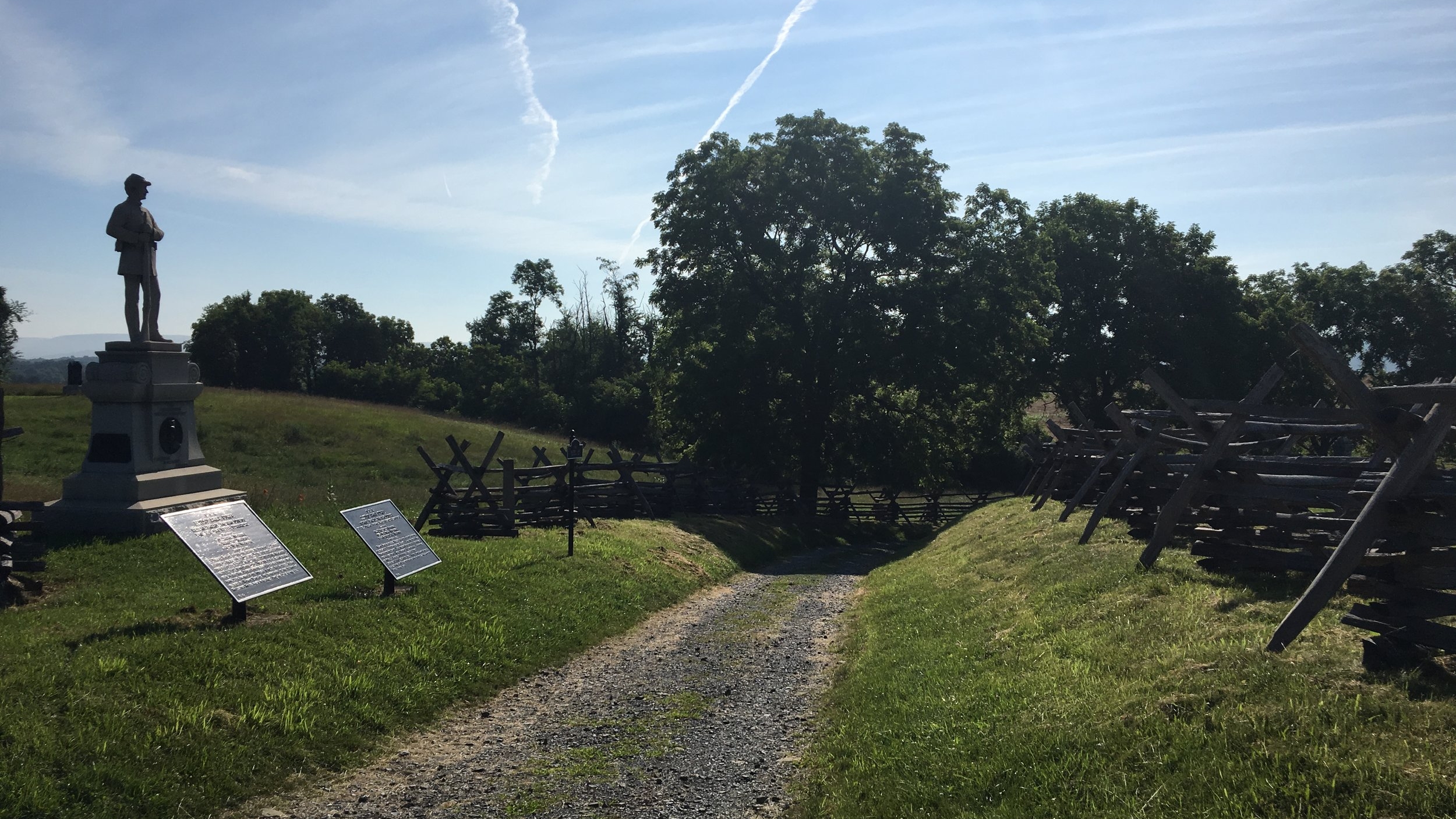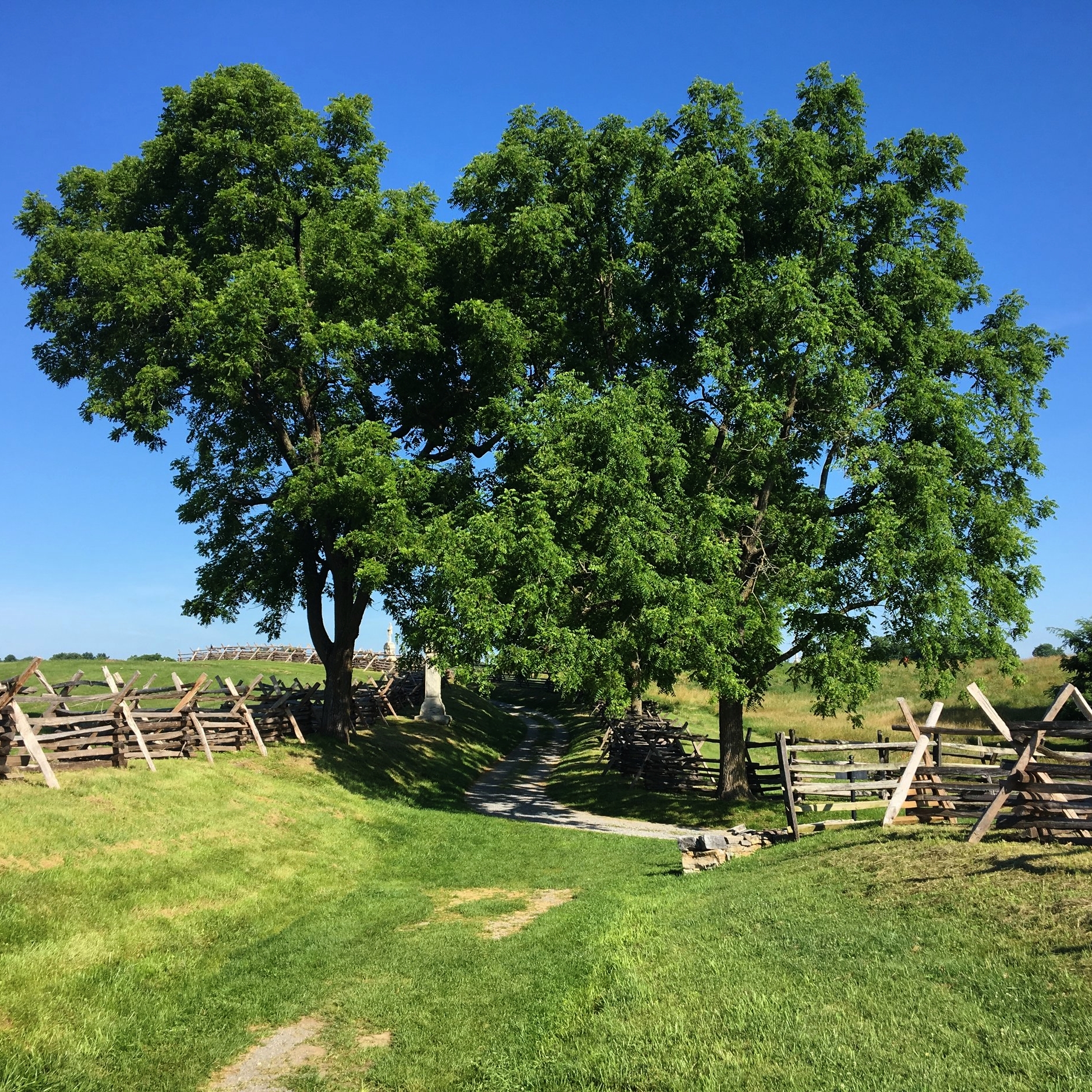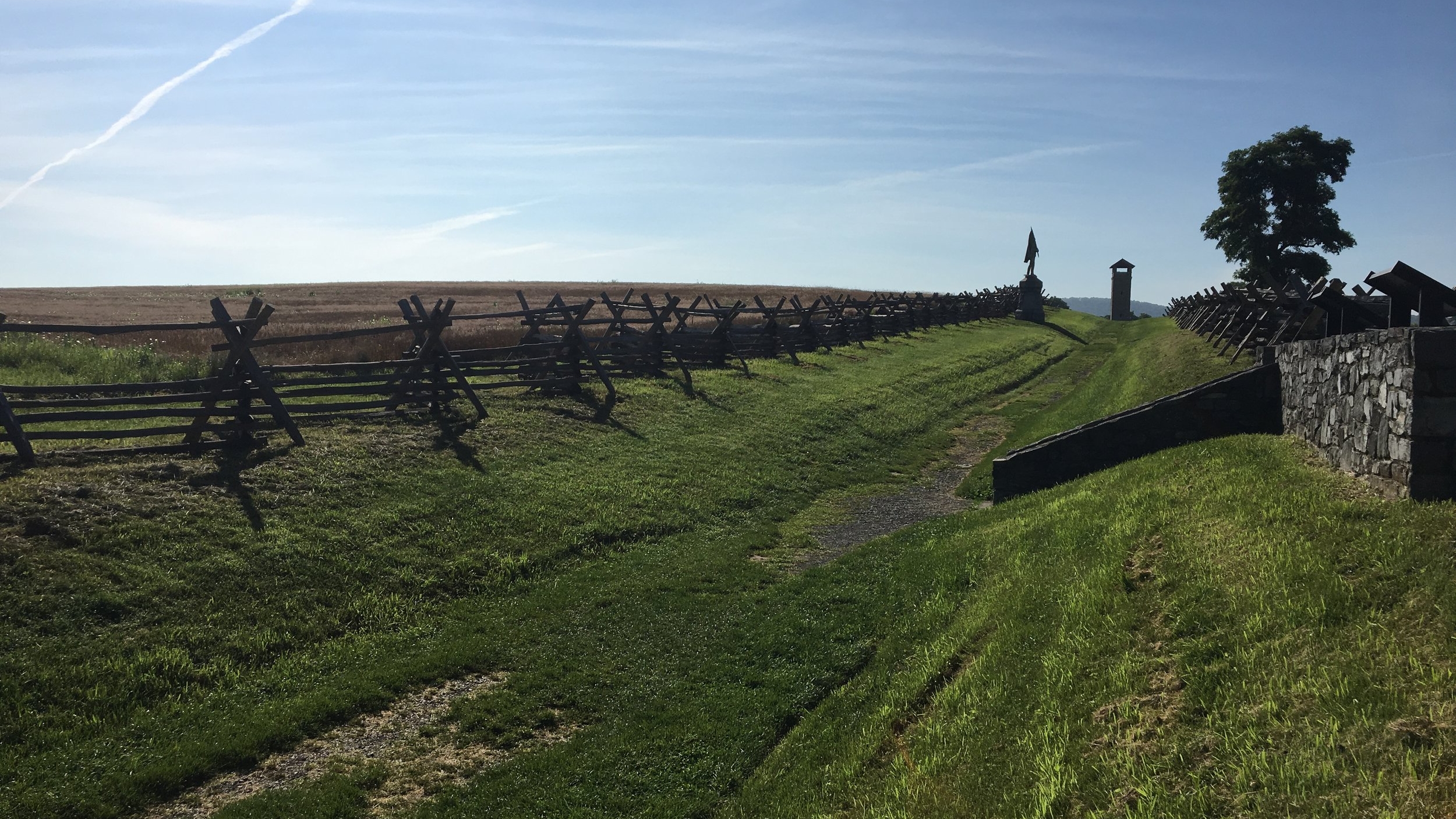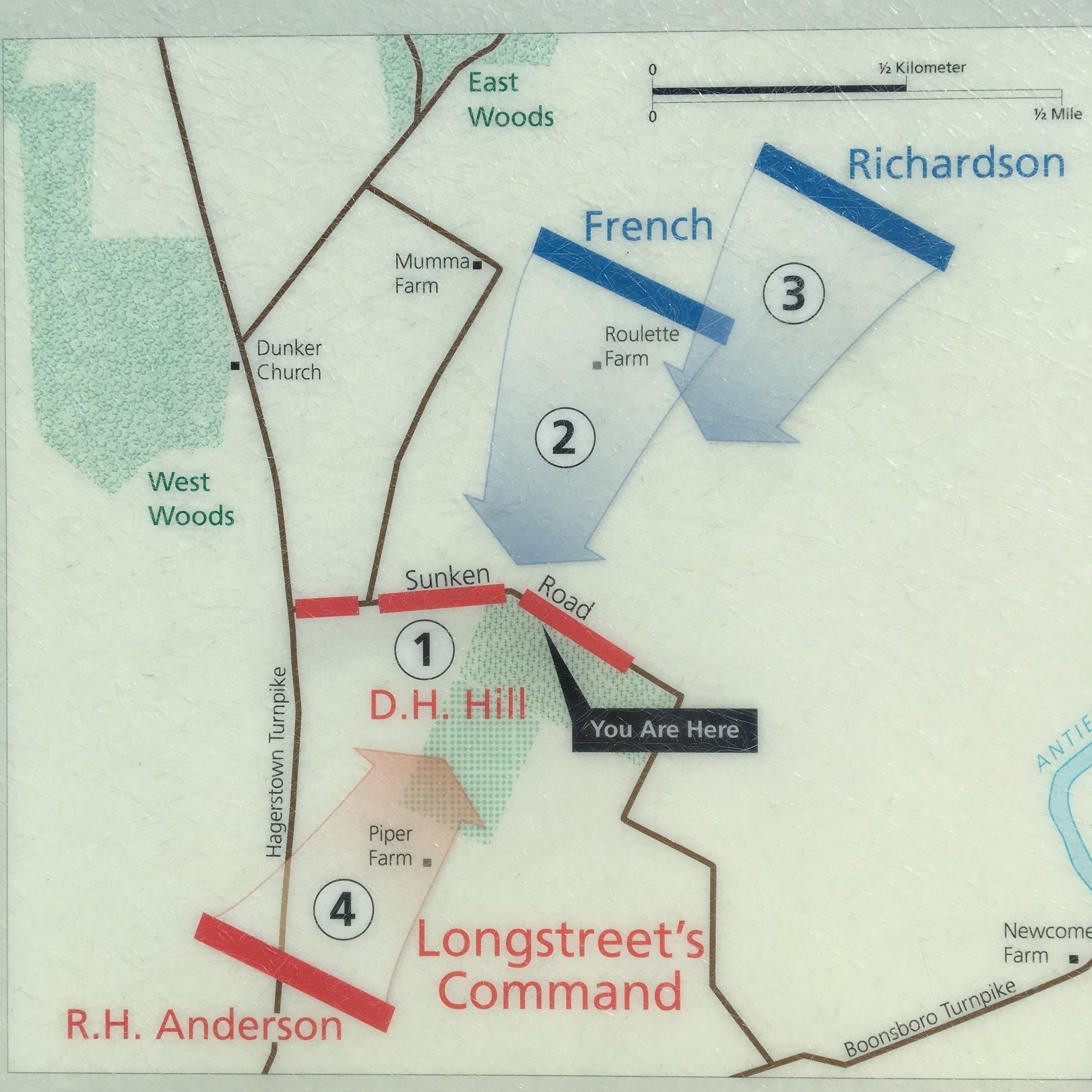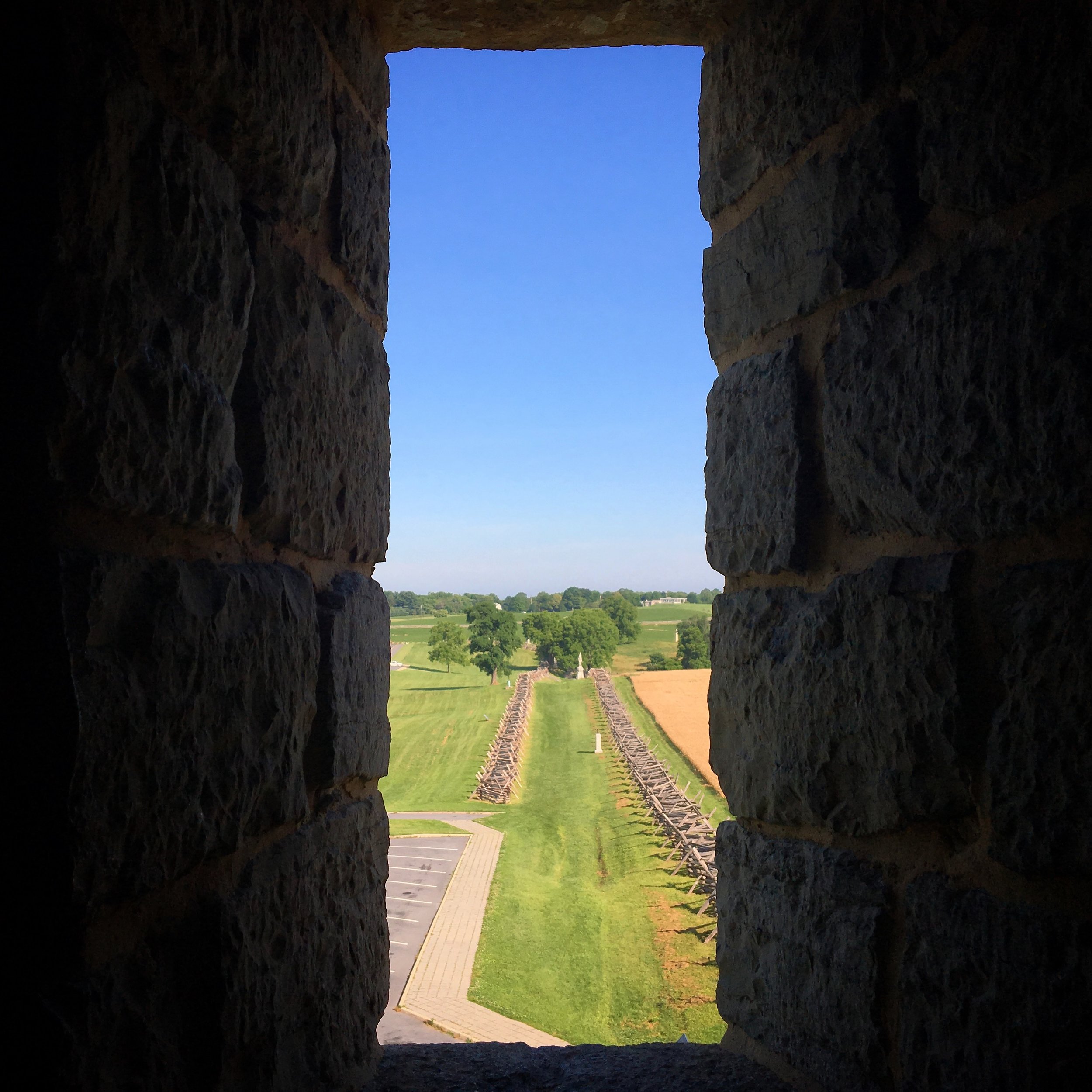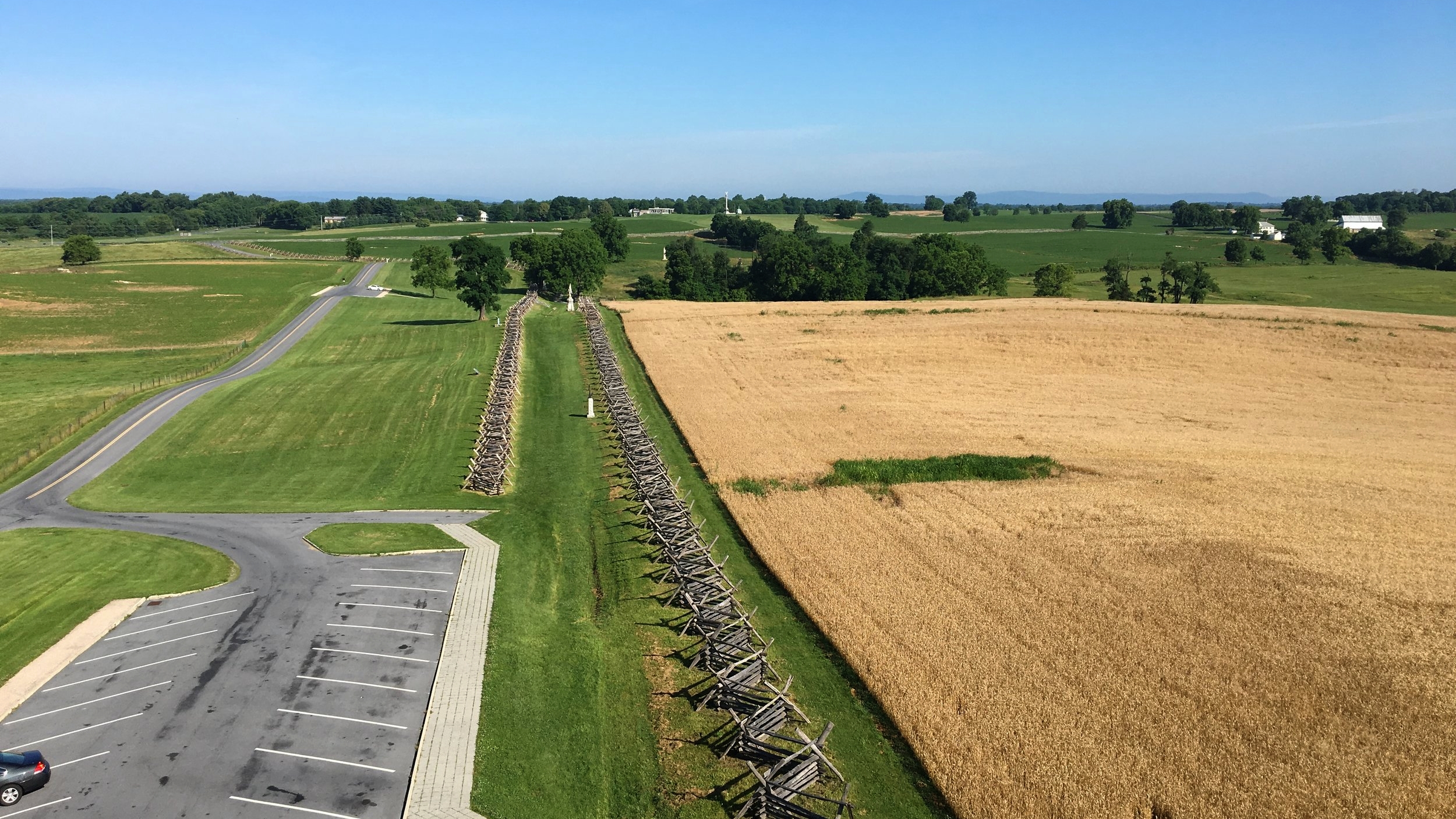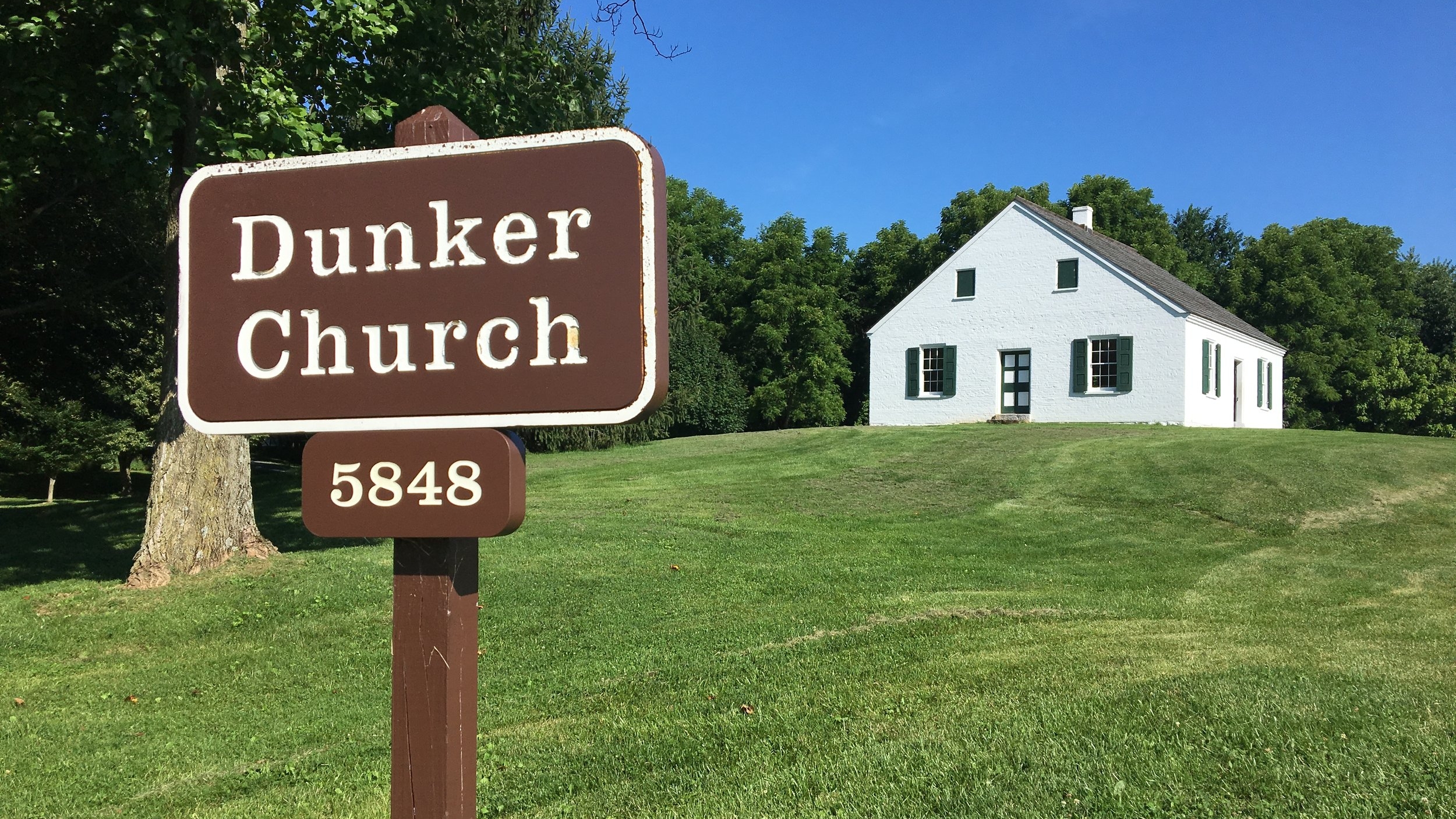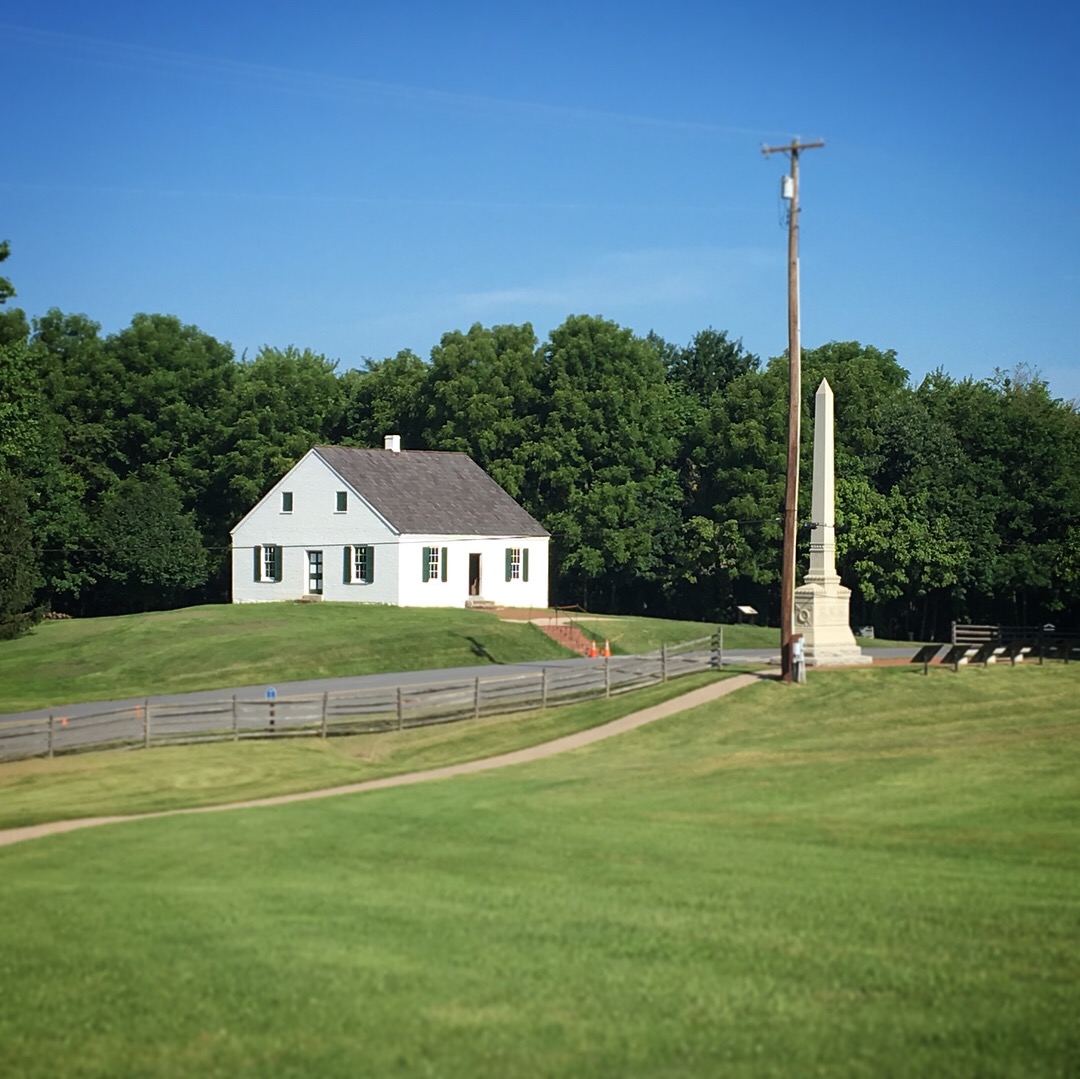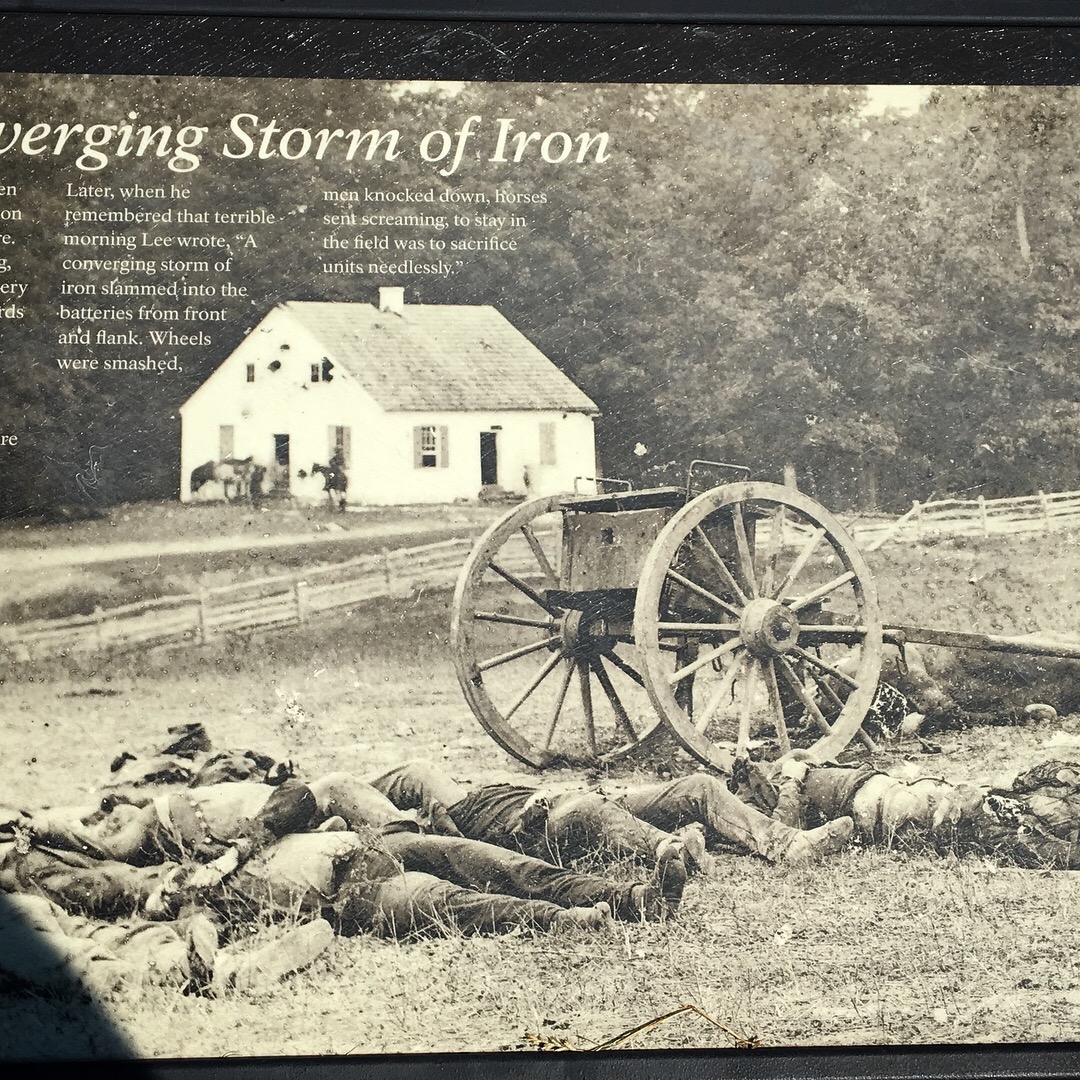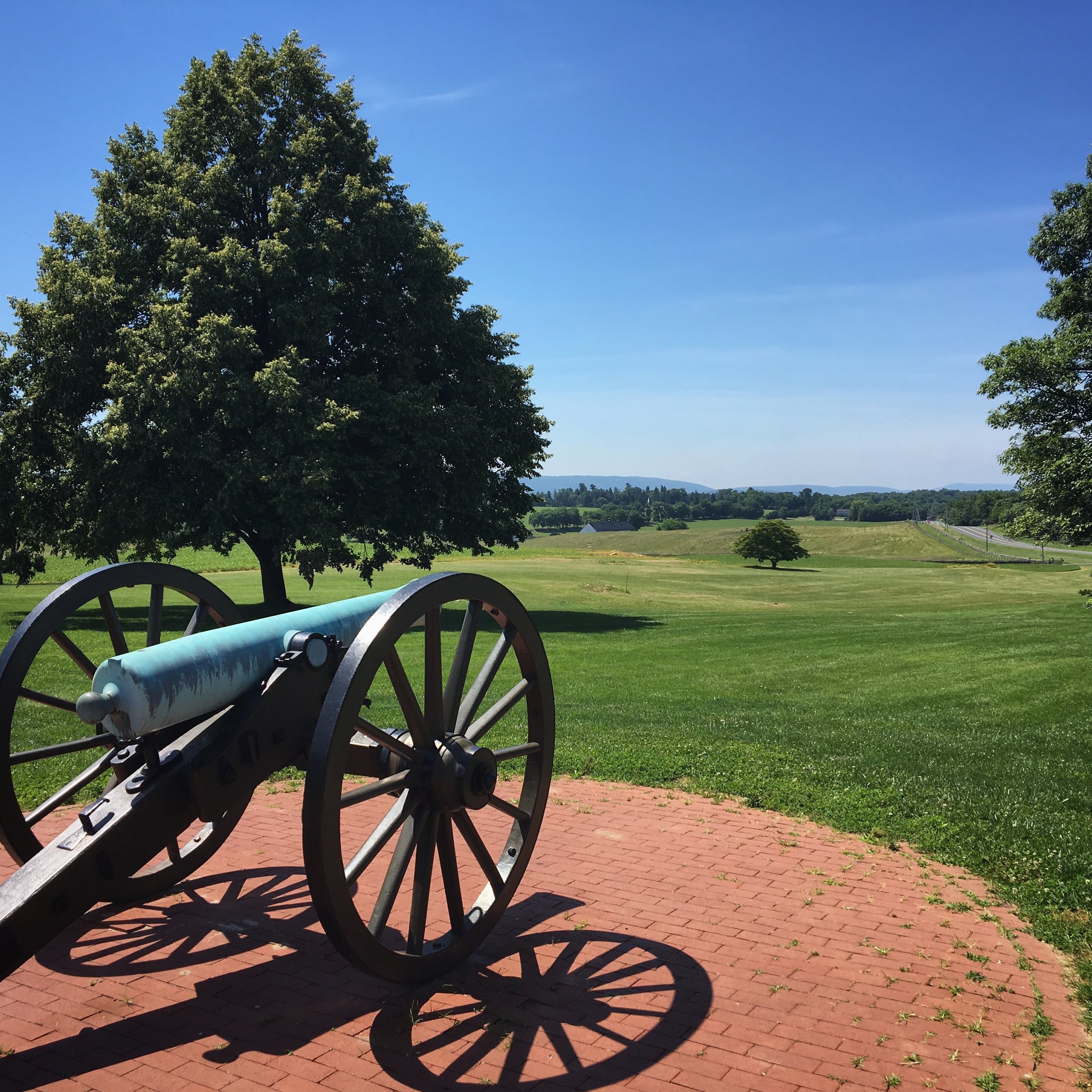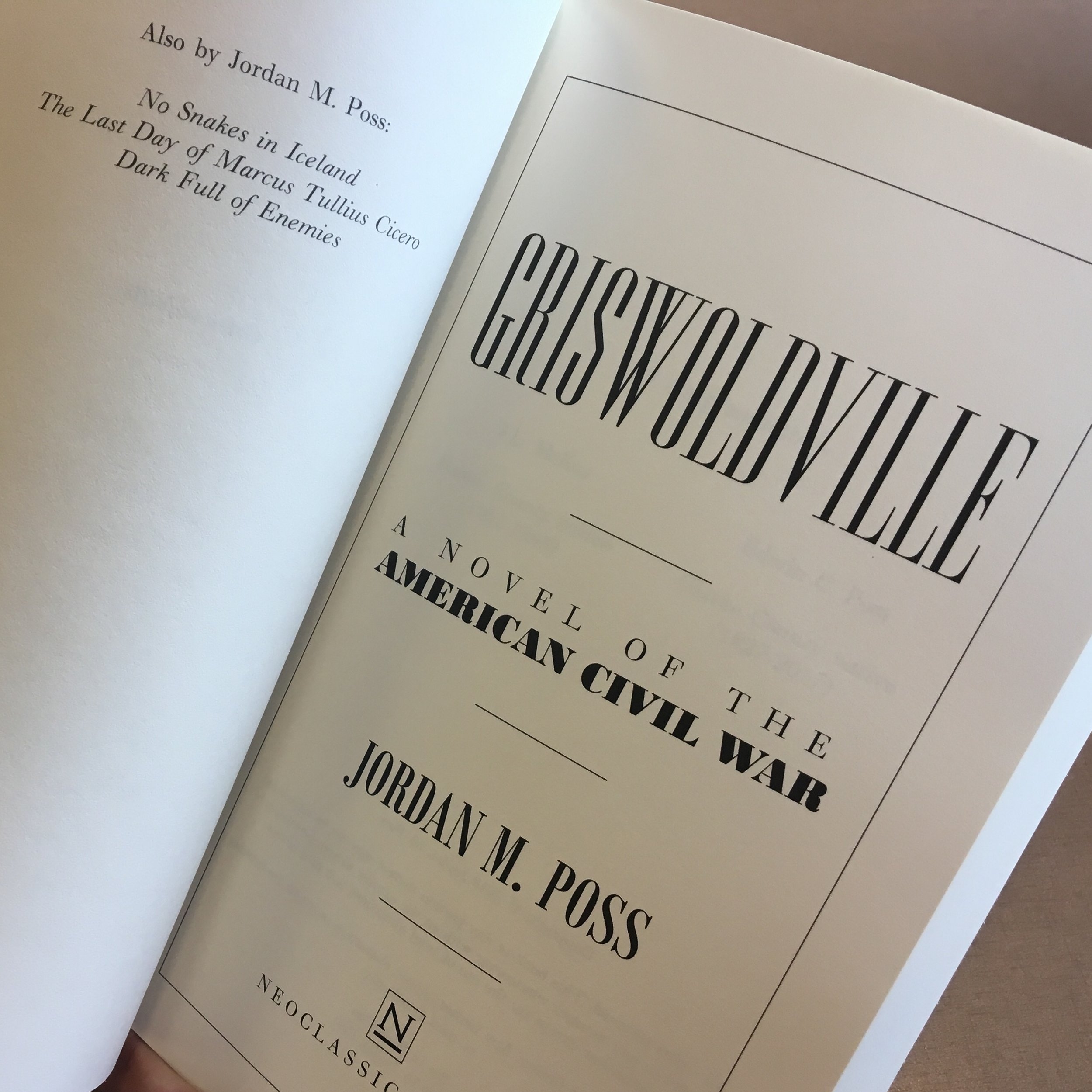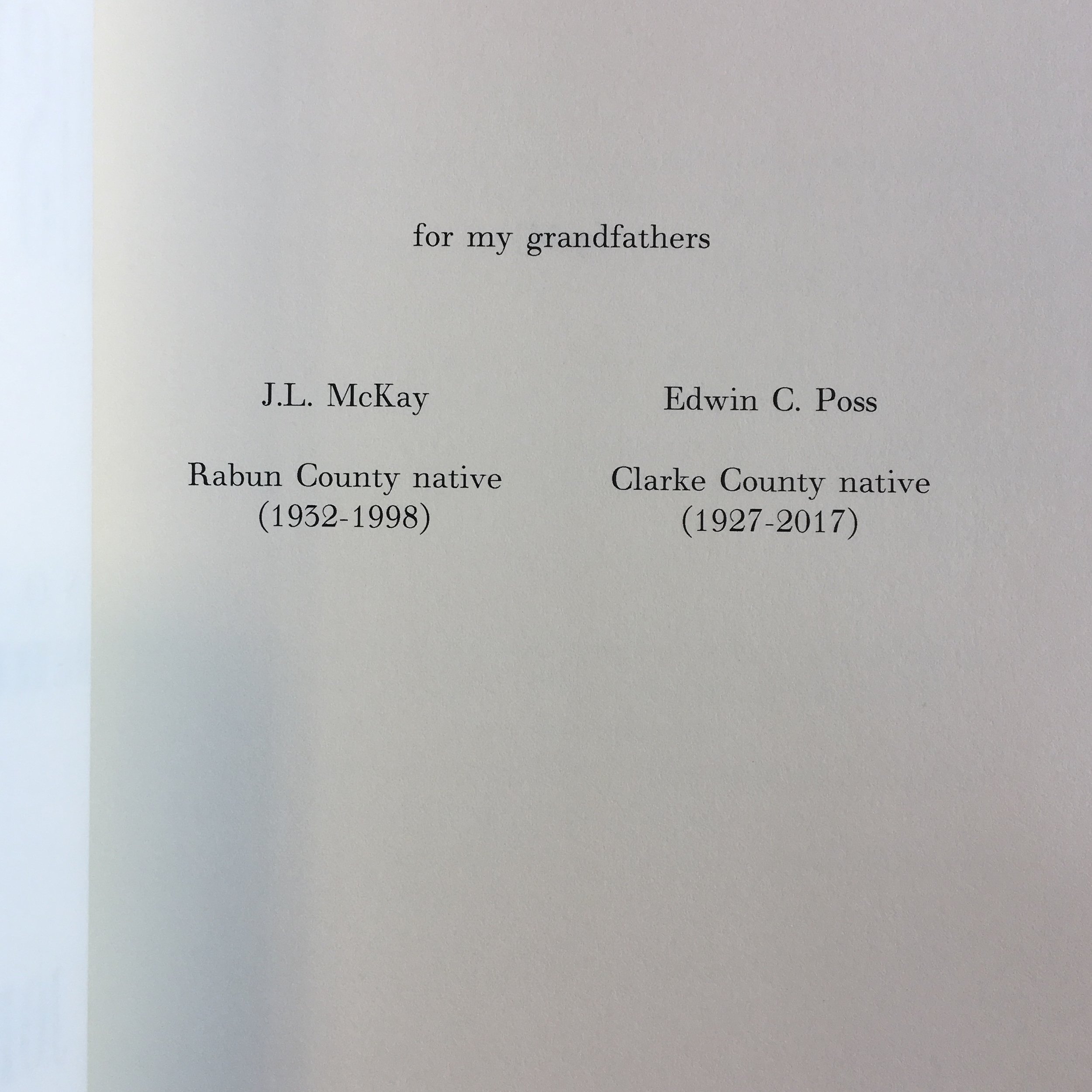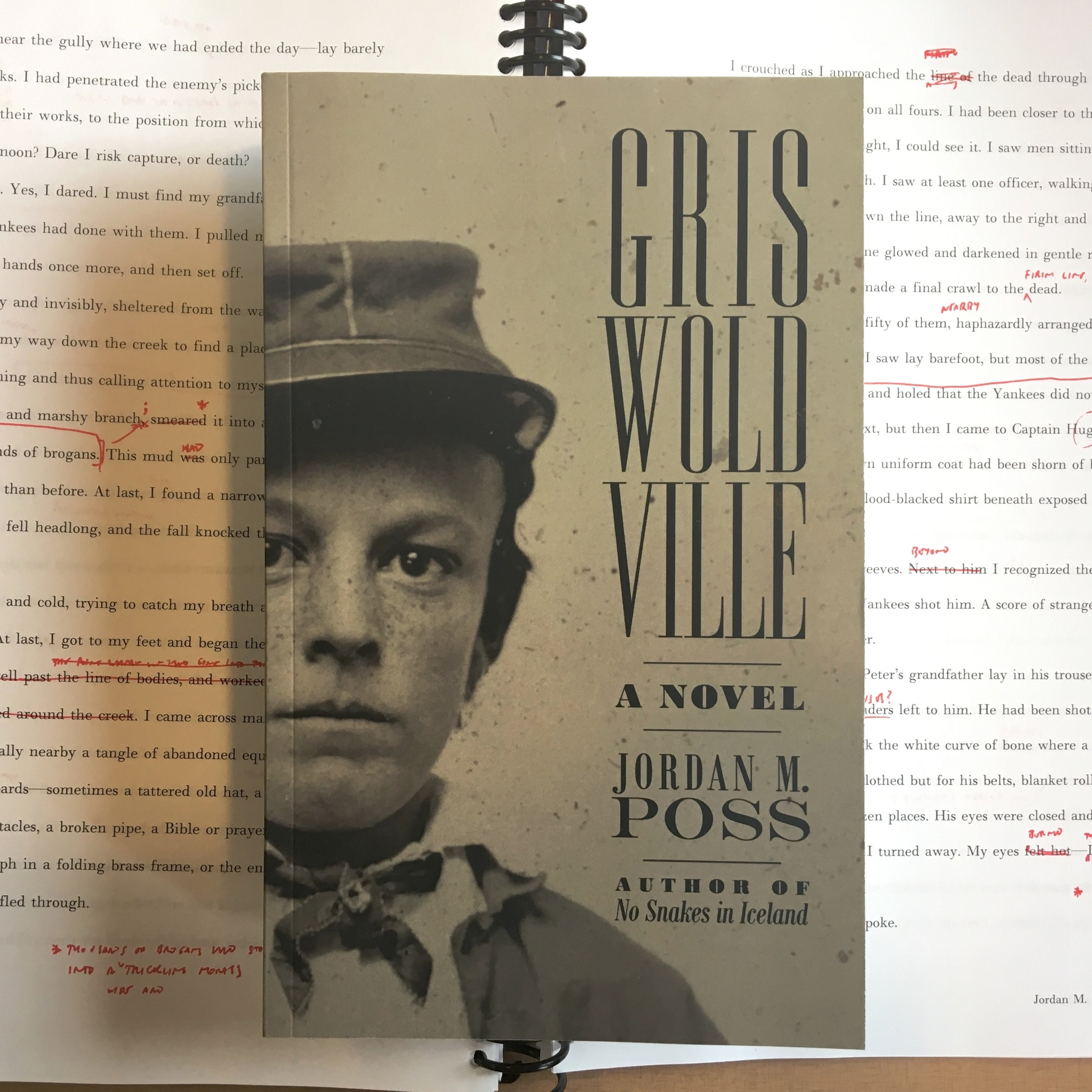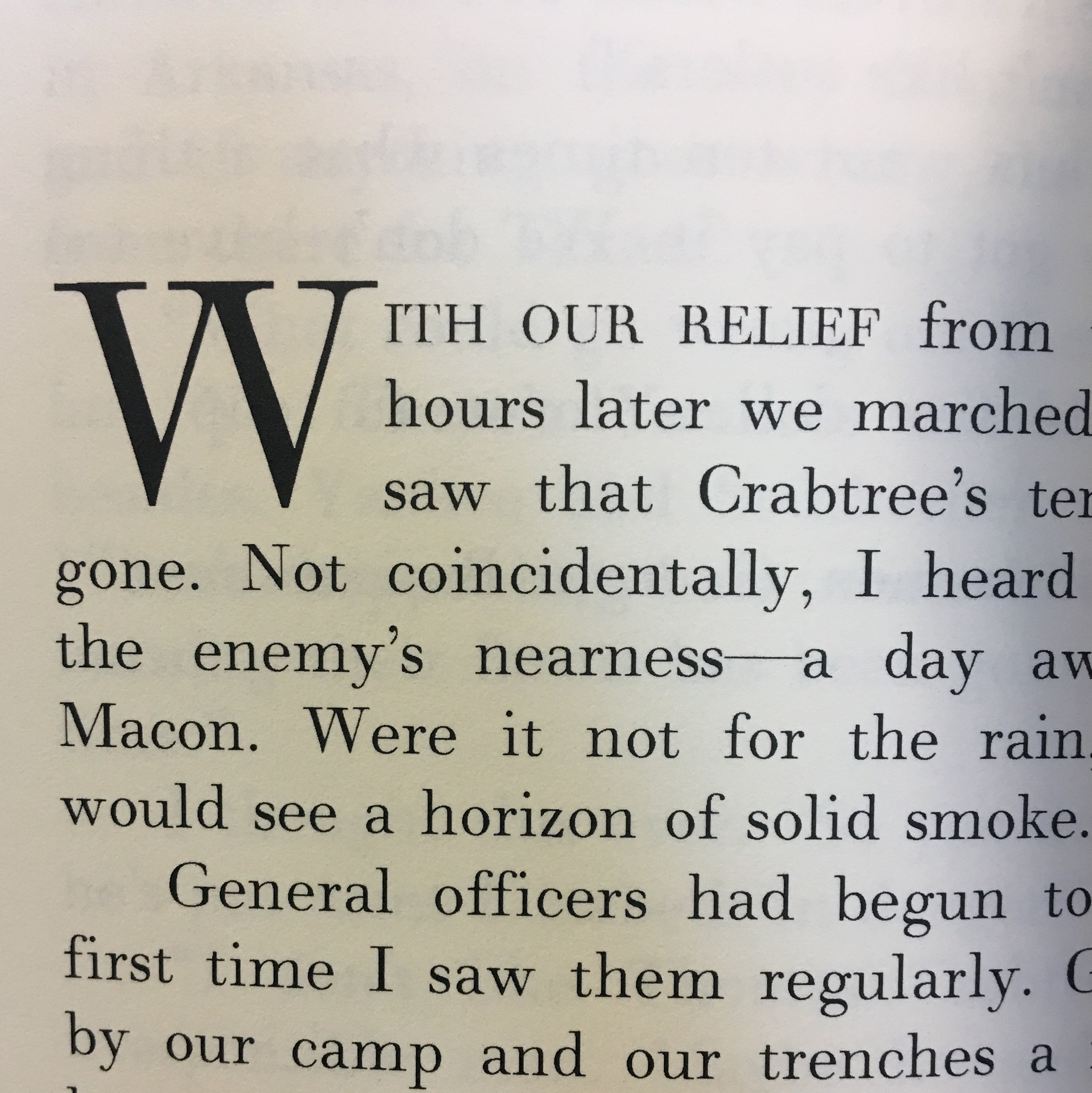Burke on Independence Day
/Edmund Burke (1729-97) was an Irish-born politician, writer, and political philosopher. He served as a member of parliament for nearly thirty years, from 1766-94—three decades spanning the political crises that birthed the United States and the French Republic.
As MP, he urged Parliament to respect the rights and privileges of the American colonies, arguing that the British Empire should either leave them alone, as they had largely done up to that point, or let them go. Any other course threatened to poison Anglo-American relations. He also condemned the French Revolution, accurately predicting the Reign of Terror and the rise of a military dictator out of the chaos, and produced the founding tract of Conservatism, Reflections on the Revolution in France, a still-relevant denunciation of revolution for revolution's sake.
There are four quotations to which I often return and have special relevance for Independence Day.
Don't interfere with custom for the sake of expediency
From his "Speech on American Taxation," April 19, 1774, in which he argued for the full repeal of the Townshend Acts, which Parliament had passed to increase revenues from the colonies following the exorbitantly expensive Seven Years' War:
Be content to bind America by laws of trade: you have always done it. Let this be your reason for binding their trade. Do not burden them by taxes: you were not used to do so from the beginning. Let this be your reason for not taxing. . . . But if, intemperately, unwisely, fatally, you sophisticate and poison the very source of government, by urging subtle deductions, and consequences odious to those you govern, from the unlimited and illimitable nature of supreme sovereignty, you will teach them by these means to call that sovereignty itself in question. When you drive him hard, the boar will surely turn upon the hunters. If that sovereignty and their freedom cannot be reconciled, which will they take? They will cast your sovereignty in your face. Nobody will be argued into slavery.
The importance of unwritten laws to liberty
From his "Letter to a Member of the National Assembly," 1791, in which he developed a lengthy and damning argument against Rousseau, who valued ideological abstractions about liberty and license above concrete reality:
Men are qualified for civil liberty in exact proportion to their disposition to put moral chains on their own appetites—in proportion as their love to justice is above their rapacity;—in proportion as their soundness and sobriety of understanding is above their vanity and presumption;—in proportion as they are more disposed to listen to the counsels of the wise and good, in preference to the flattery of knaves. Society cannot exist unless a controlling power upon will and appetite be placed somewhere, and the less of it there is within, the more there is without. It is ordained in the eternal constitution of things that men of intemperate minds cannot be free. Their passions forge their fetters.
A warning about bad leaders
From his "Letter to the Sheriffs of Bristol on the Affairs of America," 1777, warning of the kinds of people who may seek power and that one should always beware of, the kinds democracies are always in danger of encouraging:
But I cannot conceive any existence under Heaven, (which, in the depths of its wisdom, tolerates all sorts of things), that is more truly odious and disgusting, than an impotent helpless creature, without civil wisdom or military skill, without a consciousness of any other qualification for power but his servility to it, bloated with pride and arrogance, calling for battles which he is not to fight, contending for a violent dominion which he can never exercise, and satisfied to be himself mean and miserable, in order to render others contemptible and wretched.
Evergreen advice
From his "Thoughts on the Cause of the Present Discontents," 1770:
When bad men combine, the good must associate; else they will fall one by one, an unpitied sacrifice in a contemptible struggle.



